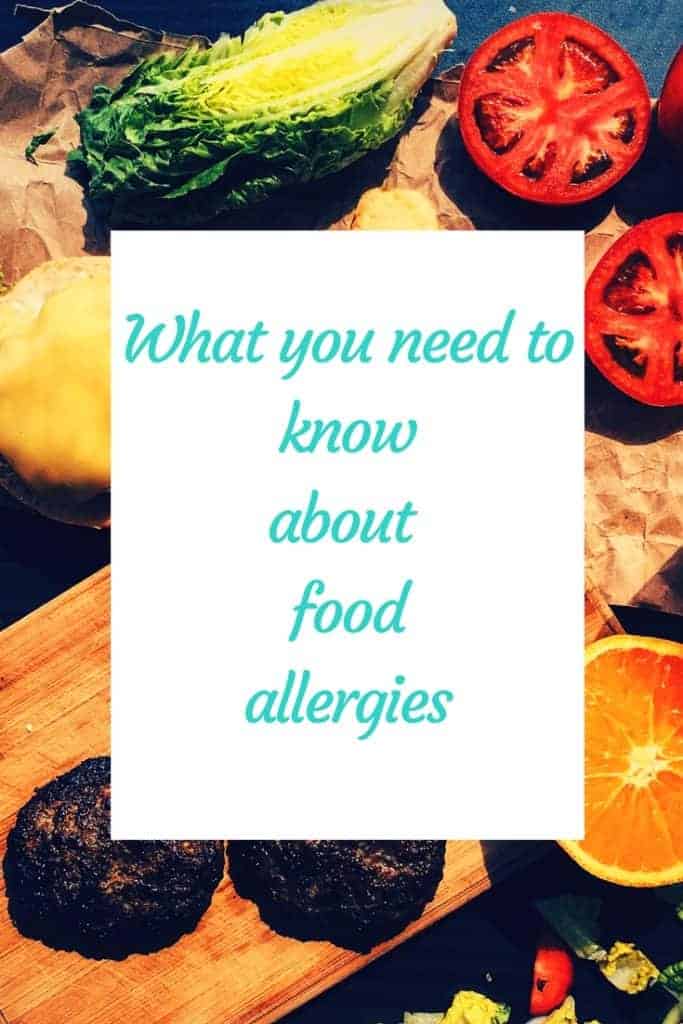What You Need To Know About Food Allergies
Before I had children, I knew so little about food allergies. Then I realized how common they are and it’s become standard procedure to always ask about any dietary restrictions before my kids invite their friends over to our home. Food allergies affect more than 50 million Americans and mostly develop in childhood.
They are no joke. I know children who carry epi-pens with them since they were toddlers. Those injections save lives but I wish children and adults didn’t need them. Sometimes I even get angry with those who make jokes about allergies, as if they weren’t serious or life-threatening. The allergic kids and adults I know wish they did not have to be so careful about what they eat or how each meal is prepared.
Need basic information to learn more about food allergies? Our partners at Baptist Health South Florida made a great video that will help you understand important facts.
5 Things You Should Know About Food Allergies
1. Food allergies and intolerance are different things
Food allergy and food intolerance are often used to describe the same problem, but they are very different things. An allergy is an immune reaction from your body’s defense system caused by an exposure to a particular substance. Intolerance is when your digestive system is not able to properly process certain sugars or other substances. For example, my daughter and I are lactose intolerant, but we don’t have a milk-protein allergy. According to Natacha Borrajo, a licensed and registered dietitian with Baptist Health Primary Care, those with a food intolerance may experience mild symptoms, like “some (gastrointestinal) discomfort, maybe constipation, diarrhea.” On the other hand, a person suffering from a food allergy can suffer anaphylactic shock and respiratory distress.
2. 8 allergens are responsible for most allergic reactions
The most common allergens in foods cause 90 percent of all allergic reactions. These foods are: milk, eggs, peanuts, tree nuts, soy, wheat, seafood and fish. On the flipside, Baptist Health South Florida reminds us there are safer foods to eat such as: apples, sweet potatoes, buckwheat, rosehips, flaxseeds, green tea, garlic, rosemary, dandelion greens, turmeric, mushrooms, mustard greens, sunflower seeds and anchovies.
3. Guidelines change, especially with peanut allergies
Peanut allergy can start very early in childhood. It is a leading cause of death related to food-induced anaphylaxis – allergic reaction to an antigen that can impair breathing and send the body into shock – in the United States. The National Institute for Allergy and Infectious Disease (NIAID) published updated guidelines in 2017 that urge parents to introduce peanut-based foods as early as 4 to 6 months of age if a baby already has conditions that increase the risks to develop peanut allergies, such as severe eczema and/or egg allergy. Borrajo explains that the early introduction of peanut-containing foods may help resolve that food allergy earlier in life or at least develop a tolerance to the food into adulthood.
4. You can outgrow food allergies
Children can outgrow a food allergy. Allergies to milk and eggs are more likely to go away than allergies to peanuts and tree nuts. Dietitian Borrajo advises that you do a food challenge under the guidance of your physician to see if now you or your child can tolerate a specific food.
5. Avoid allergens and cross contamination
The best way to prevent having a food allergy episode is by avoiding the food that causes the reaction. Borrajo recommends reading food labels and warning servers at restaurants about your allergies. When preparing meals, make sure to use different utensils or pans to avoid cross contamination. And spread the word. “Make sure that everyone knows that you are allergic to a certain food,” explains Borrajo.
How do you deal with food allergies?
For more health tips, remember to check Baptist Health South Florida’s blog.
Disclosure: this post is part of a sponsored collaboration with Baptist Health South Florida but all opinions are my own.








